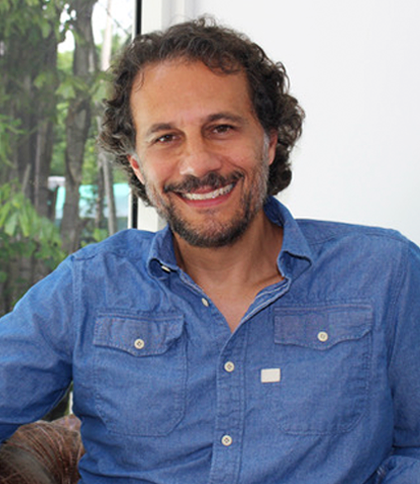To increase the representation of Hispanics in original productions, Mariano Calasso, IP Creator and Showrunner at Tempo Media, believes that a positive step would be to strengthen local economic incentives.
“Living within the American system, especially in the context of the ‘American Dream,’ gives rise to a unique Latino culture among those living in the United States, distinct from the one they experienced in their countries of origin. That’s why I believe a major current challenge is to strengthen local economic incentives to help reactivate Hispanic production within the United States, as it is currently a difficult task due to high costs,” said Calasso.
MORE PROJECTS REPRESENTING LATINO CULTURE
Calasso believes that, although there have been notable mainstream pro-ductions featuring Latino culture, many focus on historical eras. “I believe more projects are needed to represent contemporary Latino culture in the United States, which is incredibly diverse and encompasses people not only with different roots but also different socioeconomic backgrounds.”
“There’s limited space for original productions targeting the U.S. Latino market. Most available content comes from Latin America, primarily for cost reasons. Historically, there were more local economic incentives to create content produced and directed for Latinos residing in the United States,” he noted.
He also emphasizes the need for this market to be more significantly valued in content strategies. “The Hispanic market in the United States is a vast and rapidly growing demographic,” he highlighted.
He also underscored the diversity of backgrounds, ages, and genders behind the cameras. “Authentic Latino content is intrinsically diverse,” he stated, noting that to create content appealing to both Latino audiences and viewers from other regions, the key lies in connecting ‘through emotion, which is a universal language.’”

